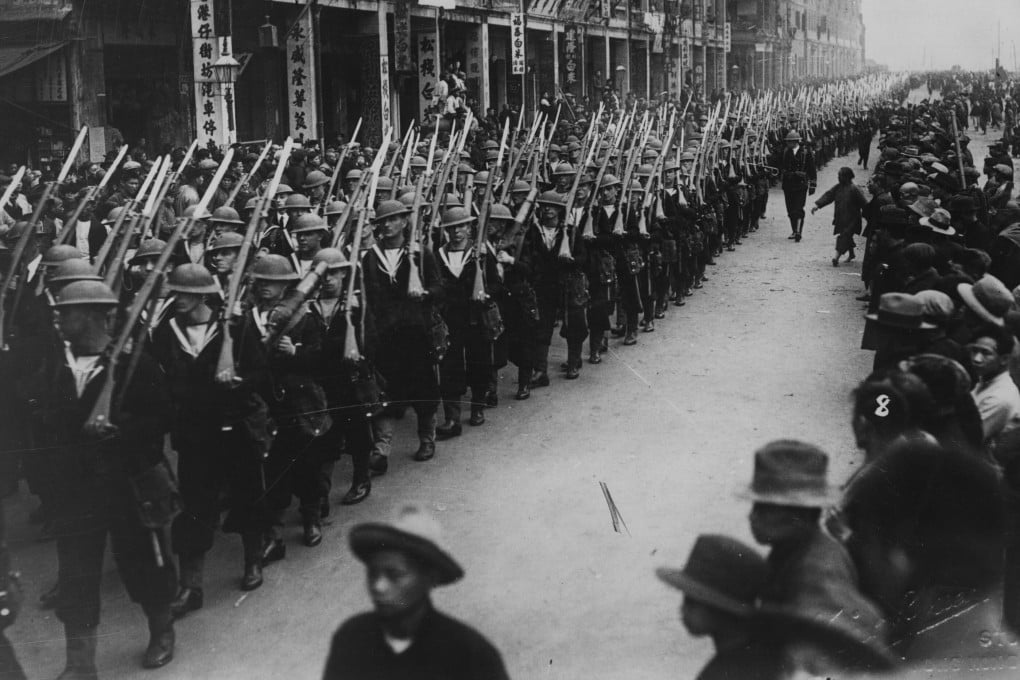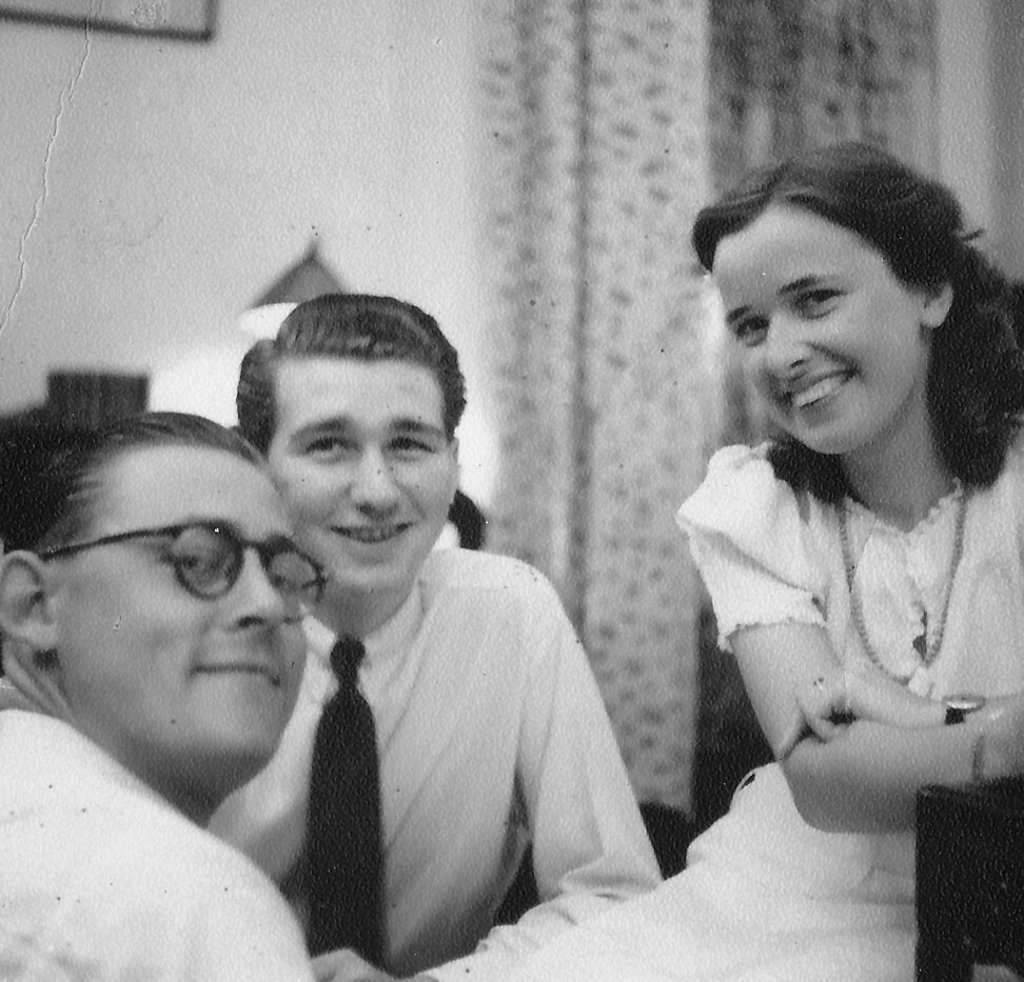For king and country? Not so for the Danish volunteer soldiers in World War II Hong Kong who fought to defend the British colony
- Some were new arrivals, others old China hands. When war began, they were on the side of Hong Kong, loyalty to a king be damned. It’s a story never before told
- Danish novelist Frode Olsen paints a picture of his countrymen’s carefree lives in the run-up to war, and of their sacrifices in desperate defence of the city

There’s a drinking fountain at a school in Copenhagen where, as pupils bend down to sip the water, they can cast their eyes up at a marble plaque that names former students killed in World War II. Retired Danish detective chief superintendent Frode Olsen was a pupil at the school, and as a boy he sometimes glanced at the plaque before running off to play.
Eight years ago, the school celebrated its 100th anniversary, and Olsen had a longer look at the plaque, focusing on one man’s name – Kaj Kjaer. The Dane had been killed in Hong Kong, and Olsen wondered what a young Dane would have been doing fighting in a British colony.
That moment of curiosity led Olsen on a four-year journey, recounted in his book, Fighting for Two Kings: Danish Volunteers in the Defence of Hong Kong 1941 (Earnshaw Books), which for the first time tells the story of the Danish community in Hong Kong during the Japanese occupation that began in December 1941.
Written in Danish, the book has now been translated into English. At the book’s core are the voices of employees of Danish shipping companies who signed up as volunteer soldiers to fight for Hong Kong, their adopted home, and for a foreign king.

Olsen initially searched archives and read newspaper interviews with the Danish volunteers, who had died by the time he began his research. He then set about contacting their families.
“The first call was always a bit emotional. Would I intrude on something?” says Olsen, speaking by phone from his home in Copenhagen.